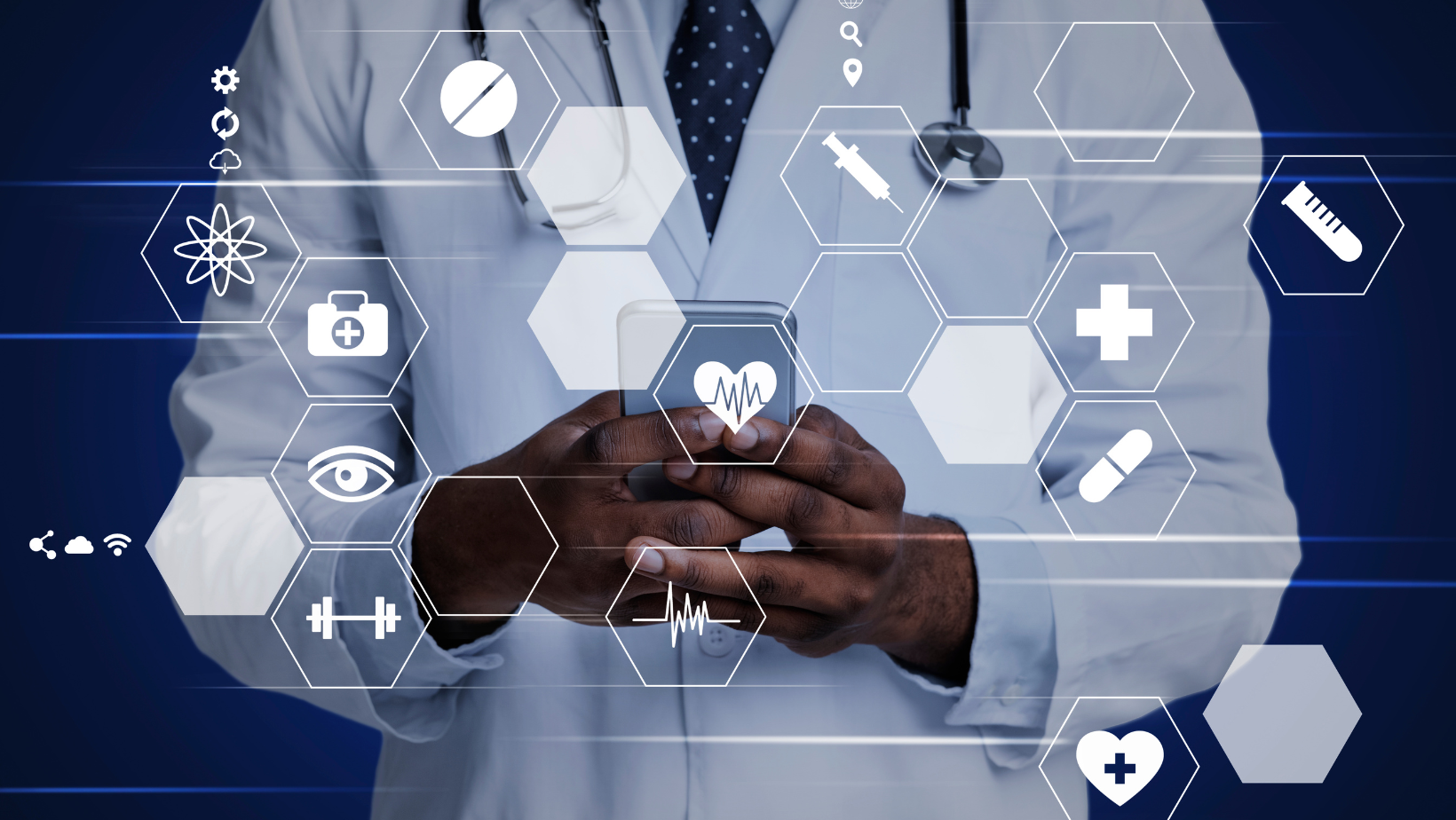Medical translation is a service used to translate clinical studies and research that are conducted for the development of new drugs or vaccines.
For a drug or vaccine to be used and marketed in Brazil, approval from the National Health Surveillance Agency (ANVISA) is required. The approval process of ANVISA is obtained in accordance with Law 6.360/1976, by requesting the granting of registration to the agency, but the product must undergo several phases before this grant application.
Non-clinical phase
The non-clinical phase takes place prior to human trials. The drug or vaccine undergoes laboratory tests, which are performed in animal cells and help to find the appropriate dose. This is the stage where the medical translation or pharmaceutical translation is performed, and the translator must have technical knowledge of the terms used in the studies, since a translation error can cause a dosage error. To prevent this from happening, laboratories search for translation companies that perform a quality control. At Eko’s Traduções, all documents undergo a thorough quality control process to ensure that the translation is performed with the highest quality standards.
Drug development
At the development stage, studies are conducted to determine the best way to administer the drug: oral, parenteral (through injections), or cutaneous route, among others. This stage ensures that the most convenient and effective dosage form and formulation are chosen. At this stage, quality criteria are also defined to ensure that the product is marketed according to the same standards. Medical translation is important at the development stage so that the correct dosage and administration is known, since the parenteral route has many different forms of application and the nurse must know exactly how and where to apply each drug, for example.
Medical Translation of Clinical trials
Once the dosage and form of application have been determined, and after all the data has been collected, the clinical study is initiated and the investigation of the drug effects on humans is conducted. In some cases, these studies can last for years, and their results are stated in the package insert, which must contain all the data and effects of the drug, dosage and administration, precautions, contraindications and indications.
Before starting the study phases, the clinical research must undergo ethical and technical instances, ensuring that the studies are conducted safely.
In the study phases, the medical translator must accurately translate all the information contained in the package insert. Here again, it is critical for the translator to know the technical terms and adapt them to Portuguese (Brazilian Portuguese, in this case), so that the patient or nurse has no doubts about how to administer the drug. The medical translation must undergo proofreading and quality control to ensure the safety of drug use, in its dosage and form of application.
Registration of Medical Translation
After obtaining all the necessary data, the application for registration is submitted to ANVISA, since the drug needs to be authorized by the agency for marketing. To submit the application, the company is required to present administrative documentation, documentation demonstrating evidence of quality, safety and efficacy of the drug. All these documents must be in Portuguese and, in the case of COVID-19 vaccines, for example, Eko’s Traduções performed medical translation in record time for the registration application to ANVISA. Eko’s has translated the studies of the main vaccines that were used in the immunization of the Brazilian population, always with excellence and speed, because we understand how important it is for the country.
Therefore, if you need medical translation, please contact our team, which is prepared to perform the most complex medical translations with agility, safety and quality.

